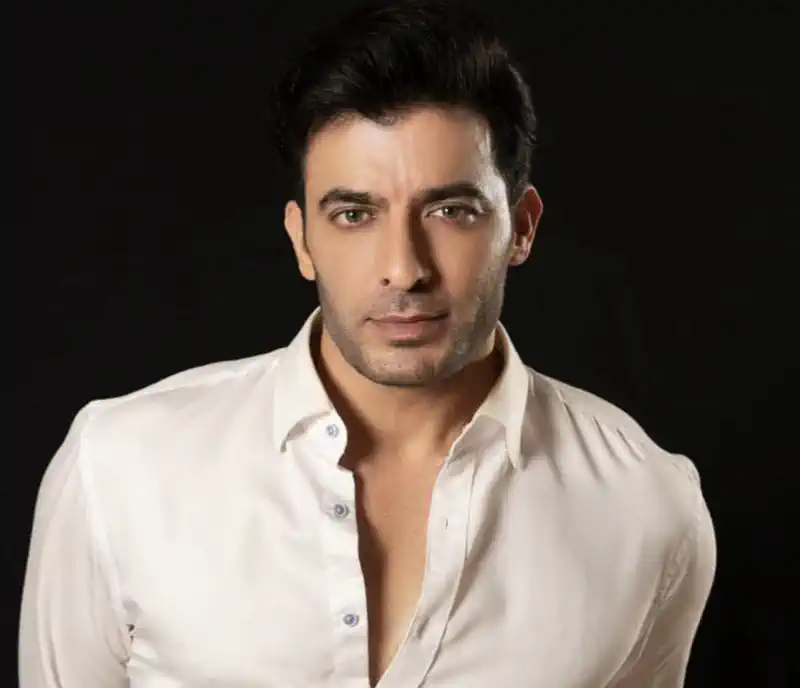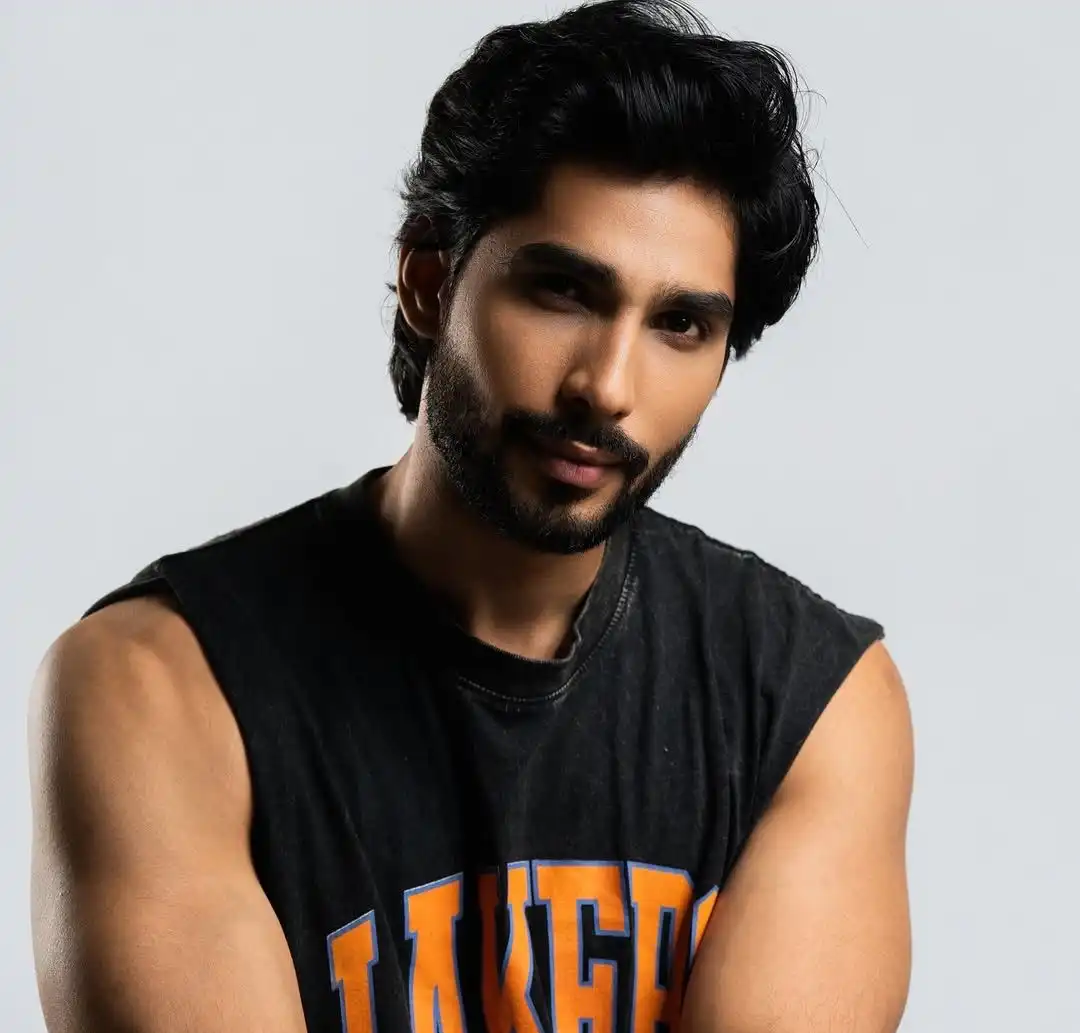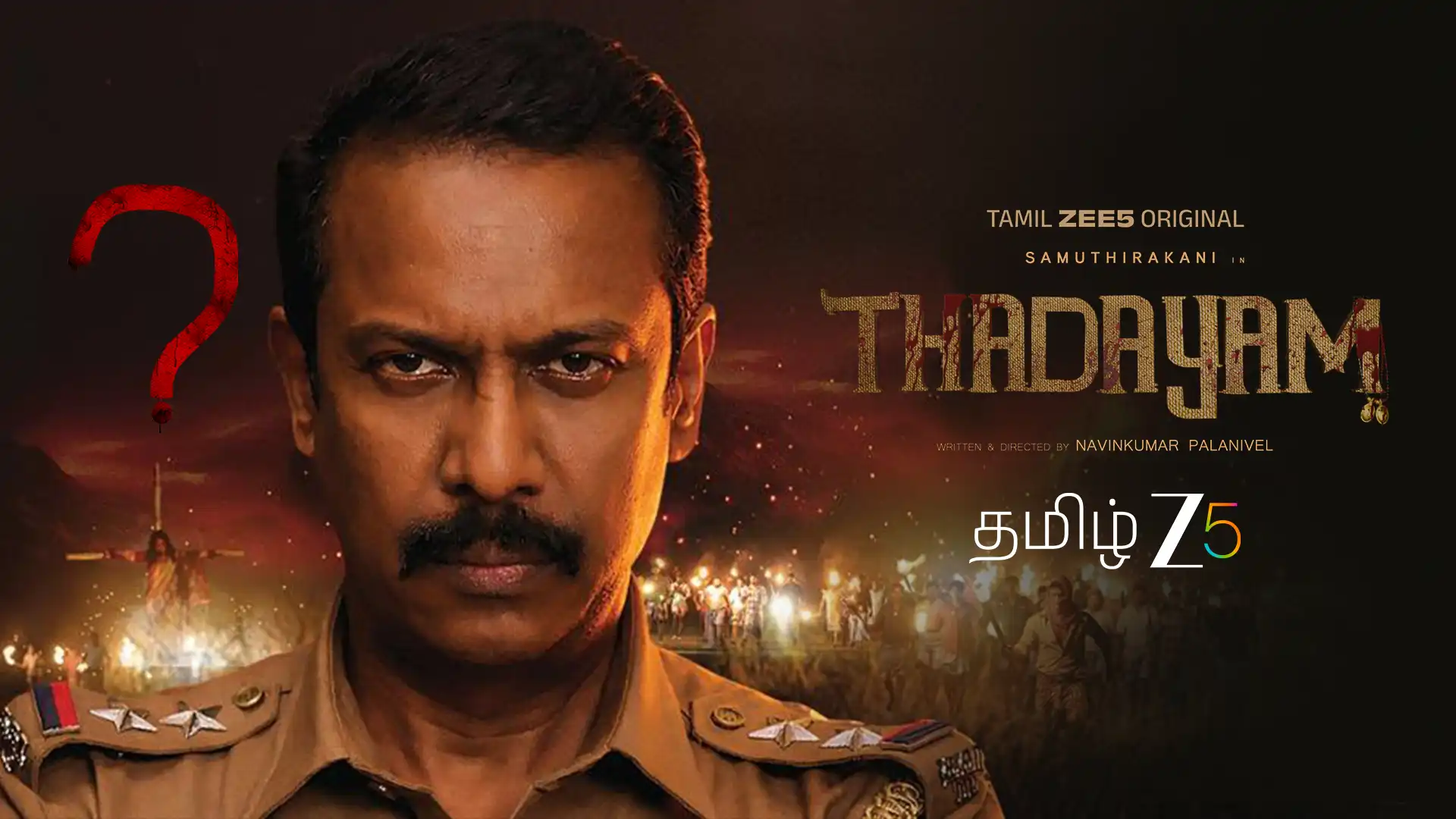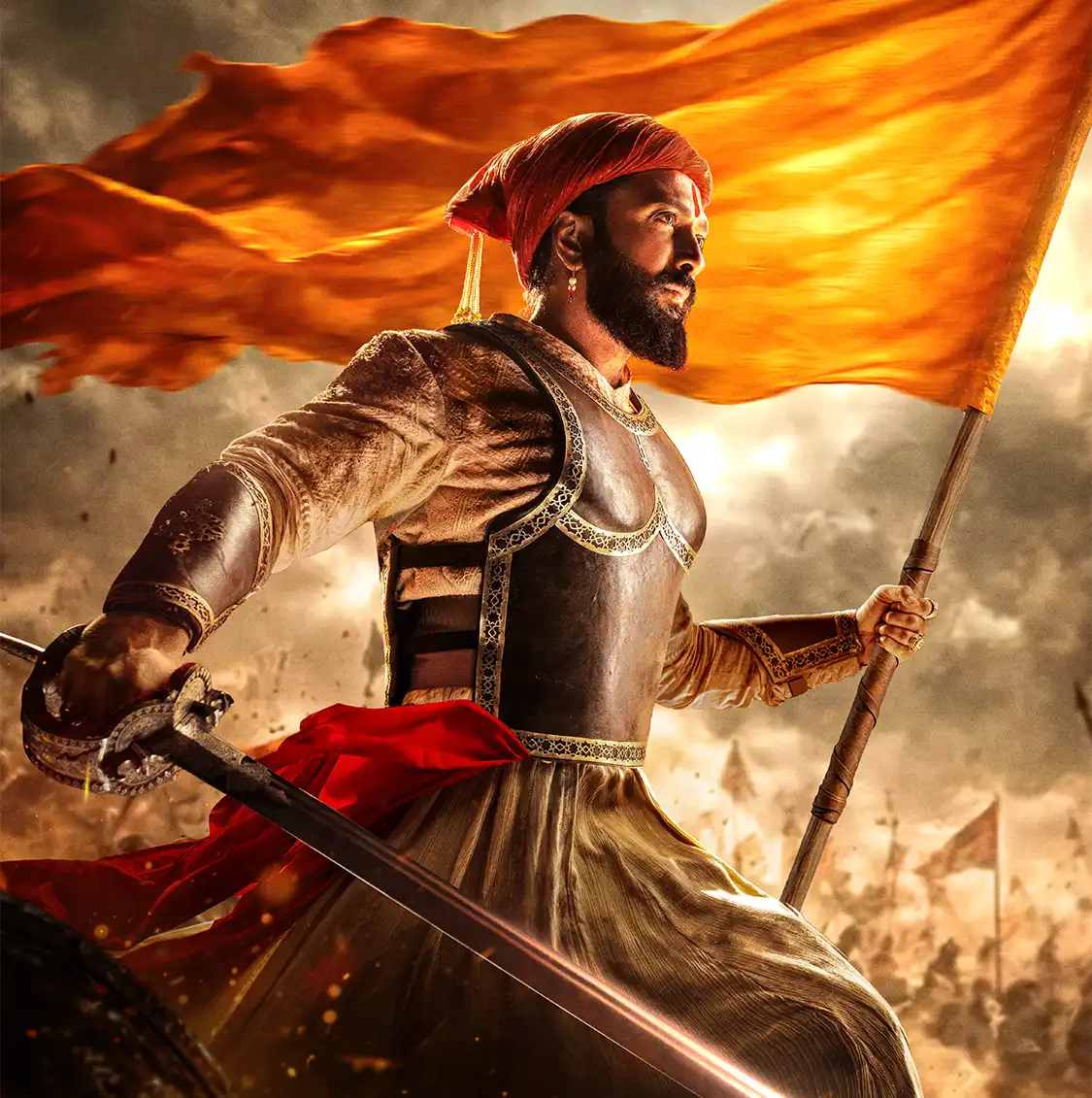Vanshaj actor Gurpreet Singh says that being an actor is no easy feat. However, he adds that be it rehearsing long dialogues or performing emotional sequences, it’s all so rewarding at the end.
“For me, preparing for long dialogues involves a combination of memorisation and understanding the character’s emotions and motivations. I break down the dialogue into smaller sections and focus on the intention behind each line. Rehearsing repeatedly helps me internalise the words and deliver them convincingly when the camera rolls,” he says.
He adds, “While delivering long dialogues in one shot can be challenging due to the risk of losing emotions, it also allows for a more seamless flow of performance. On the other hand, breaking the dialogue into takes allows me to refine each moment and ensure consistency in emotion throughout the scene.”
Ask him if he feels that playing a negative character has more variations than a positive one, and he says, “Absolutely, negative characters often have layers of complexity and internal conflict, allowing for a wider range of emotions and actions. Their motivations can be ambiguous, leading to unpredictable behaviour and intriguing character development. In contrast, positive characters may have more straightforward arcs, with fewer shades of grey to explore.”
He adds, “It’s inevitable that negative characters will evoke strong reactions from the audience, including hate. As an actor, it’s essential to separate yourself from the character and understand that it’s a testament to your performance. Embracing the role with empathy and portraying the character’s humanity can help viewers connect with even the most villainous roles.”
From the actor, emotional scenes are tougher than physically challenging sequences. “I find emotionally taxing scenes easier to portray on camera. While physically challenging scenes require stamina and coordination, emotional scenes allow me to delve into the character’s psyche and tap into my own emotions. Connecting with the character’s feelings enables me to convey authenticity and depth, making these scenes more fulfilling to perform,” he shared.
He adds, “Character evolution is vital for the longevity and engagement of a show. It keeps the narrative dynamic and prevents characters from becoming stagnant or predictable. Evolving characters allow for new conflicts, relationships, and storylines to emerge, keeping both the actors and the audience invested in the journey.”




